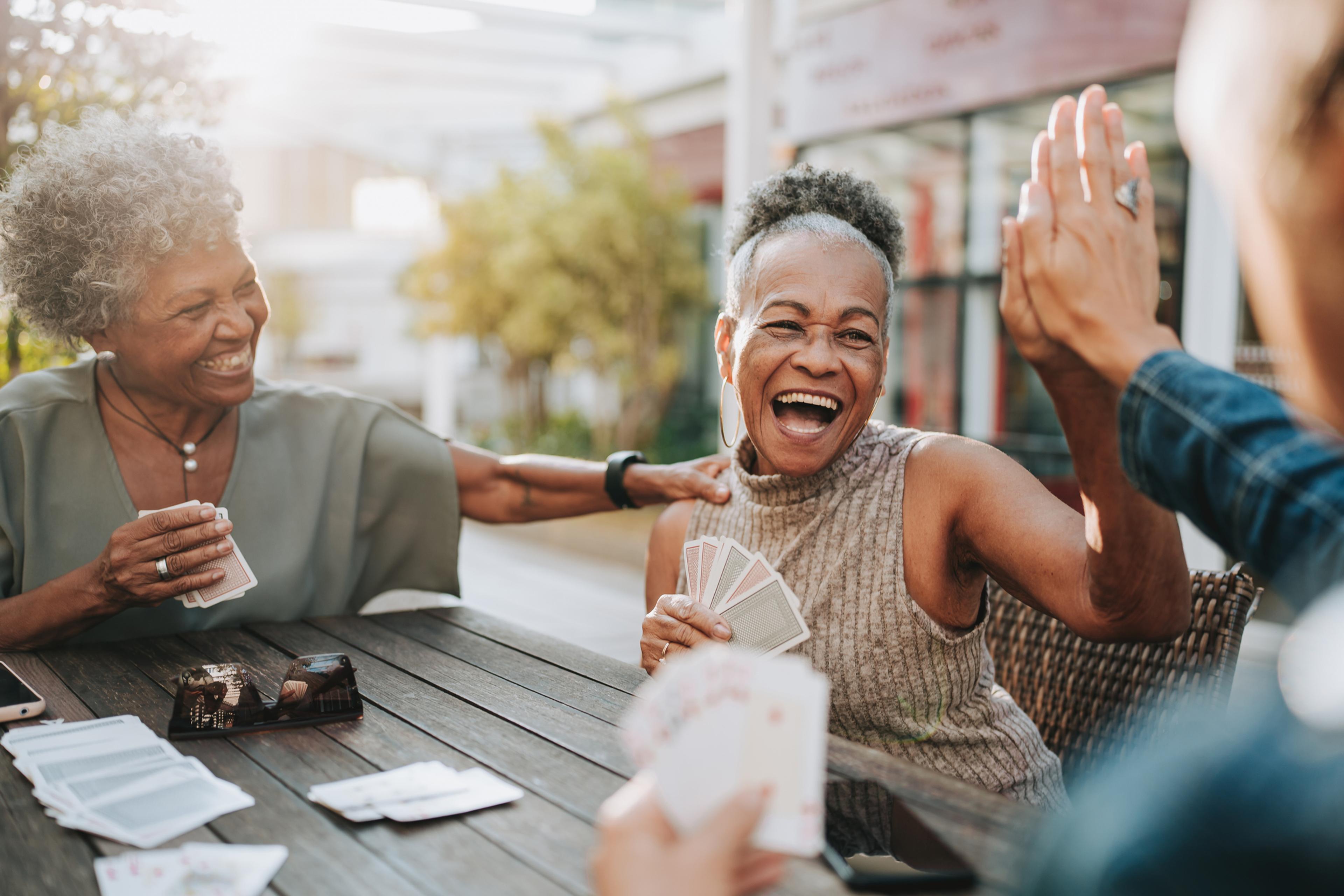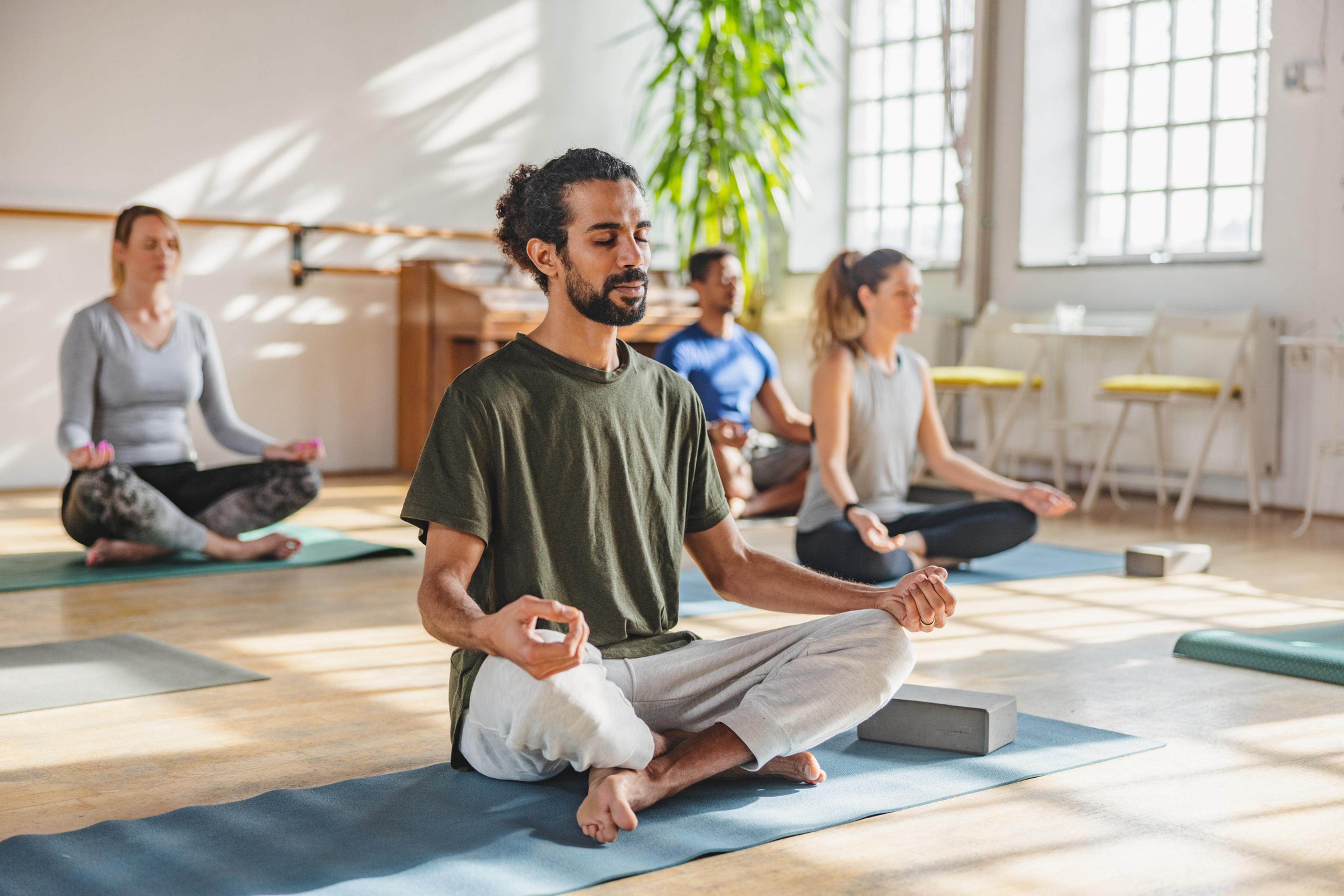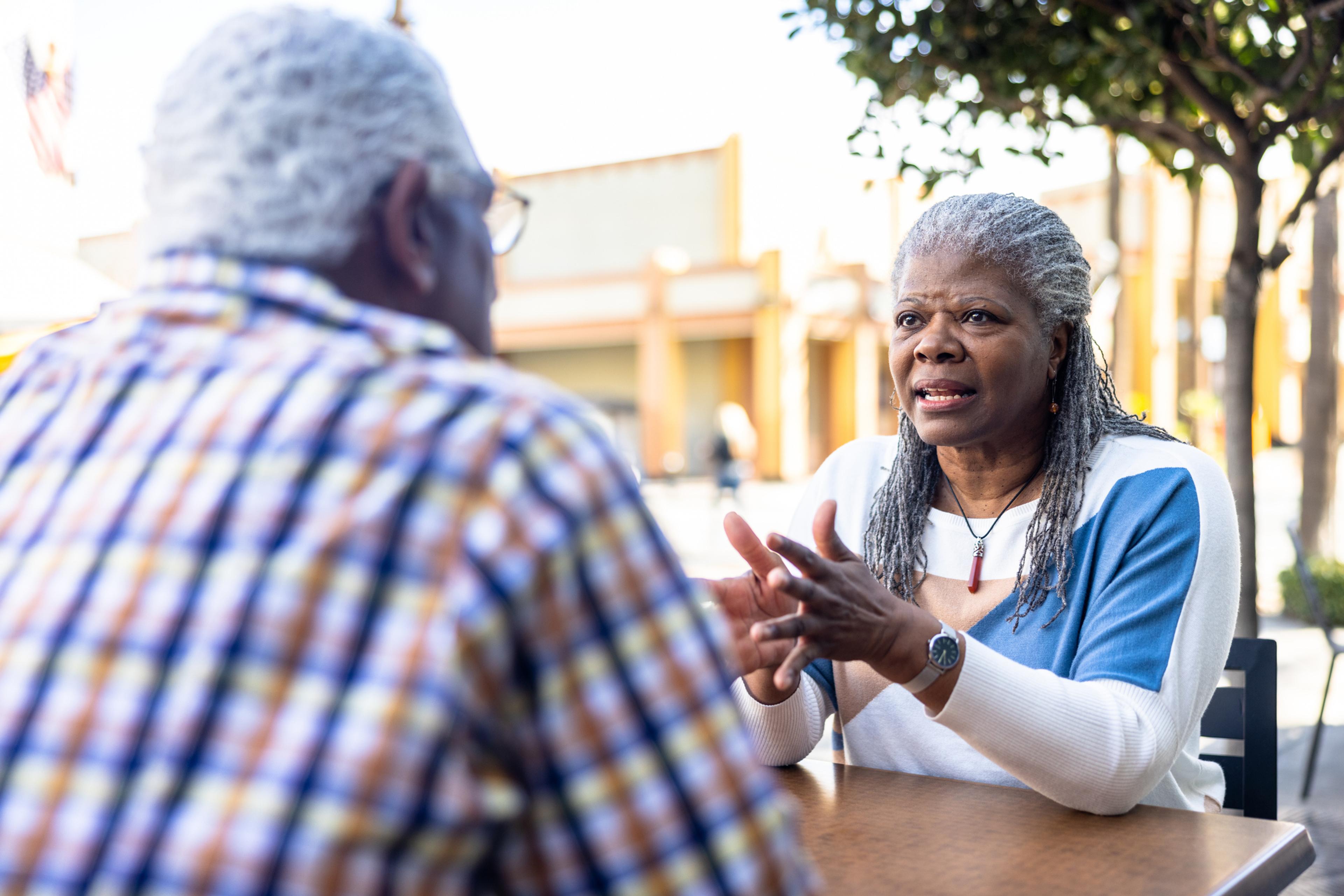How an Active Social Life Can Help You Live Longer

Lindsay Knake
| 3 min read
Lindsay Knake is a brand journalist for Blue Cross B...

By: Dr. Amy McKenzie, M.D., associate chief medical officer, Blue Cross Blue Shield of Michigan
Being connected to other people is as important to humans as food, water and shelter. An active social life, one that works for an individual and their own temperament, is connected to better physical and mental health, as well as overall lifespan.
Strong social connections are linked to longer lifespans
Loneliness is the feeling of being disconnected from others, and it’s not only about whether someone is with other people or not. Rather, loneliness is possible even when someone is with others, and they don’t have a meaningful relationship or shared connection.
Loneliness, like stress, can have a harmful impact on our bodies. A feeling of loneliness is correlated with higher rates of anxiety, depression, an increased risk of suicide, heart disease, dementia and stroke.
Being with people and pets; however, releases oxytocin, a hormone that lowers cortisol and changes the way our brain responds to stress.
Introverts, extroverts, and ambiverts
Socializing looks different for everyone. Extroverted people find energy in the company of others, while introverted people need alone time to recharge. Ambiverts are in between, enjoying both. Introverts still need connection, and extroverts also need alone time.
Extroverts may find themselves more interested in regular social events in busy places. Introverts, however, may prefer socializing one-on-one or in small groups in quieter environments. Ambiverts may split the difference, enjoying both busier and more tranquil social engagements.
Needing to spend time alone is not loneliness. A study shows some people can spend up to 75% of their time alone and not feel lonely. Strong social connections include the quality of the time spent with others and individual preference. Every person will need to find what is right for them.
Tips to become more social
Whether introverted or extroverted, being social is increasingly difficult because of busyness and the growing number of people living alone. Here are a few easy ways to connect with others:
- Join a club or take a class
- Consider volunteering
- Reach out to family and friends to create regular plans or phone calls
- Get or use hearing aids if hearing loss is an issue
- Engage in small acts of kindness
- Talk to neighbors or community members
Even if these seem difficult, starting small can make a substantial difference.
Social wellness benefits for seniors
Seniors need social connection as much as anyone. One study showed seniors lacking in social connection were up to three times more likely to die at a younger age than those with stronger social connections.
Another study of adults in their 70s and older who were the most socially active had 70% less cognitive decline than those with the least social activity.
Seniors who volunteered were 44% less likely to die during the course of a five-year study, and they had lower levels of inflammation. Social connection is imperative for physical health, mental and emotional well-being and longevity.
Amy McKenzie, M.D., is an associate chief medical officer with Blue Cross Blue Shield of Michigan. For more health tips and information visit MIBluesPerspectives.com.
Image: Getty Images





